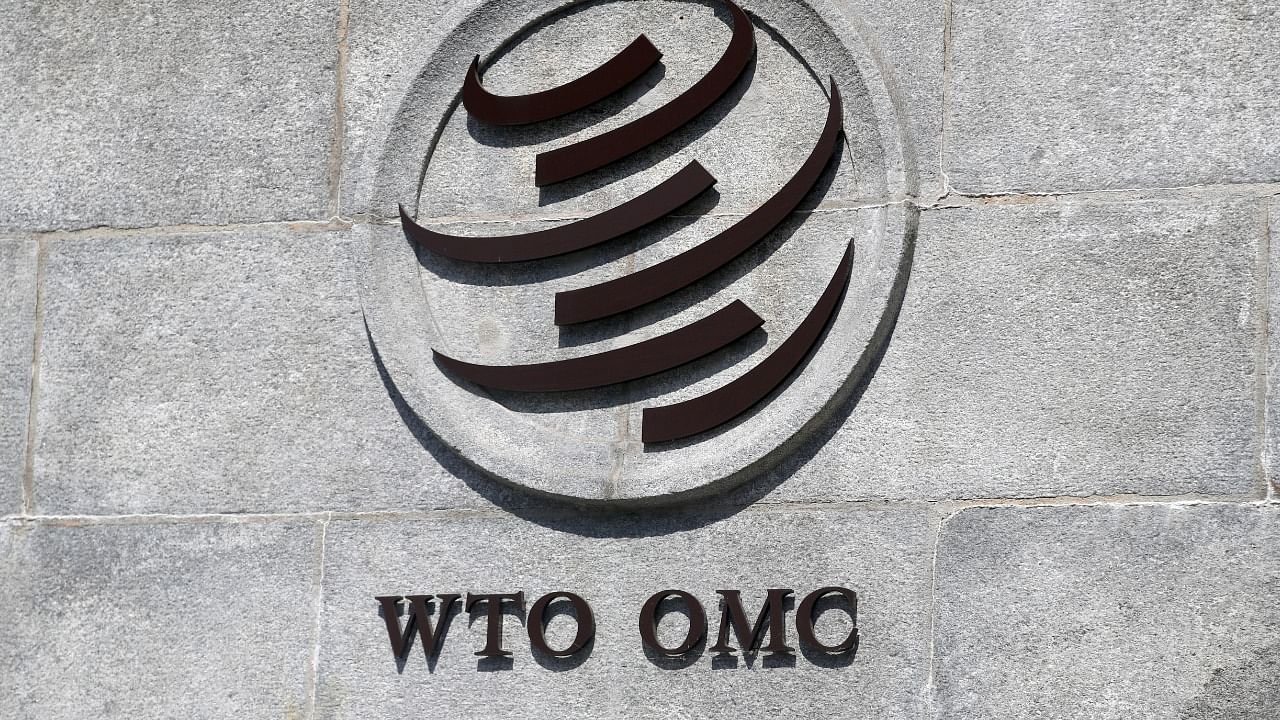
The negotiation on the proposal mooted by India and South Africa for temporarily waiving patent protection on the anti-Covid-19 vaccines and drugs will commence at the World Trade Organization next month, but a counter-proposal by the European Union may make it a long-drawn-out process.
The TRIPS Council of the WTO had a meeting at the headquarters of the organization in Geneva on Tuesday and Wednesday and held a discussion on both the proposals – the one presented by India and South Africa for temporarily waiving the Intellectual Property Rights (IPR) protection on the anti-Covid-19 vaccines and drugs as well as the one tabled by the European Union to block it.
The two-day meeting ended with the member nations agreeing to start “text-based negotiations” on both the proposals next month. Informal consultation is likely to be held on June 17 to set the stage for discussion at the WTO General Council on July 21 and 22.
“Looking at the severity of the second and third wave (of the Covid-19 pandemic) hitting different parts of the world Chair, we have no time to lose, we look at concluding these negotiations by the end of July before we go for the summer break,” India’s representative to the WTO, said during the discussion at the TRIPS Council.
Irked by the EU’s counter-proposal to block the move to grant a patent waiver on anti-Covid-19 drugs and vaccines, India recently warned that if the WTO failed to deliver during the pandemic, it would “do more harm” to the credibility of the organization and the “collective failure” would be “remembered by posterity”.
The original October 2, 2020 proposal by India and South Africa wanted to waive four categories of Intellectual Property Rights – copyright, industrial designs, patents and undisclosed information – under the Agreement of Trade-Related Intellectual Property Rights (TRIPS Agreement) until the majority of the world population would receive effective vaccines and develop immunity to Covid-19.
The revised proposal submitted by the two nations along with 60 others suggested that the TRIPS Council of the WTO would assess the need for continuing the waiver after three years.
The EU’s counter-proposal submitted on June 4 called upon governments to “facilitate the use of compulsory licensing” within the existing TRIPS agreement.
The Medicines Sans Frontier, which is running a global campaign in support of the proposal by India and South Africa, argued the EU’s counter-proposal had brought “nothing significantly new” to the table and instead was “merely a manoeuvre to stall the waiver negotiation process”.
